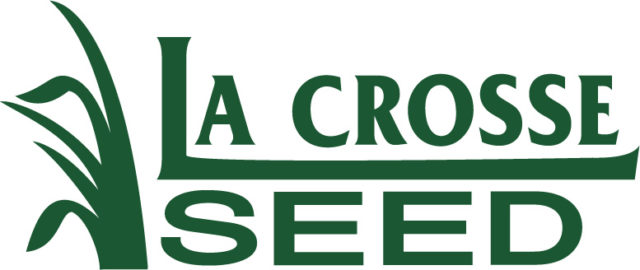By the time you get this issue, a new administration will be in office, or back in office as the case will be given Donald Trump’s return to Washington, D.C. But the new standard is expected to be like the old, meaning a bold return to the days of protectionism.
Quite simply, protectionism is the retrenchment of trade, defense and economics to a more isolationist view. “America first” is how it’s commonly spoken, with less reliance upon international allies, to some or less success as history has proven.
Policies such as tariffs, immigration and deportation will be the hottest issues of course, but one matter raising its head could also be foreign ownership of U.S. land.
A year ago in our Progressive Cattle magazine we ran a reprint item by Larry Van Tassell, an emeritus professor from University of Nebraska – Lincoln and director for the Center for Agricultural Profitability, titled “Do Only Americans Own America? Foreign Investment in Agricultural Lands in the U.S.”
We’ve republished it again in this issue of Progressive Forage, and its information is surprising and as relevant as ever.
If you were like me and listened to the Supreme Court’s arguments over congressional bans of TikTok, you know lawmakers and justices are spooked about China’s ownership of the popular social media app. (Even though China already owns other popular apps on American phones.)
The same question needs a spotlight with ownership of U.S. agricultural lands, notably China. Van Tassell noted how the Fufeng Group’s purchase of 300 farming acres 12 miles from a U.S. Air Force base in North Dakota sparked talks of legislation to restrict foreign land ownership from certain countries.
U.S. law already requires disclosure of how much land is owned by other countries inside our borders. The USDA’s most current accounting shows 45.9 million acres of U.S. land held by foreign investors in 2023, representing 3.6% of total private agricultural land in the U.S. That’s gone up 12.2% in just a couple of years. And China, the only adversarial country that comes in on the list of top countries owning U.S. land, owns just 194,772 acres.
But it’s not just the land where the impact is felt. Water continues to play a significant role in production of alfalfa and crops in the U.S., and as the story notes, a Saudi Arabia-owned company can pull irrigation water from the critical Colorado/American river network system to grow on 10,000 acres and send that crop to Saudi Arabia for its dairy herds.
I’m not for isolationism here, and investment in America is a good thing. But if the nation’s lawmakers are going to be disturbed about a social media app enough to outlaw its ownership, perhaps it’s worth discussing how far the ownership of land and resources by international partners or adversaries extends across the states.
When a foreign country owns U.S. land, what is the broader impact on jobs, air, water, environment, trade and yes, national security? Americans rarely hear about this topic, and it probably has as much importance as the fearmongering over a social media app showing cat videos.













